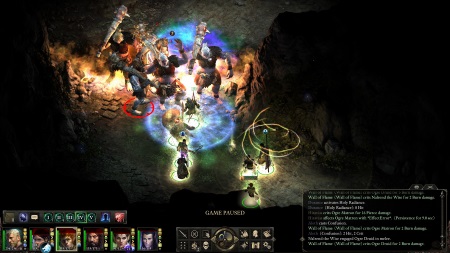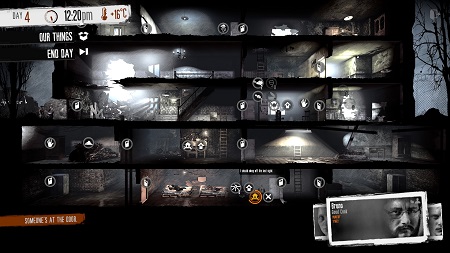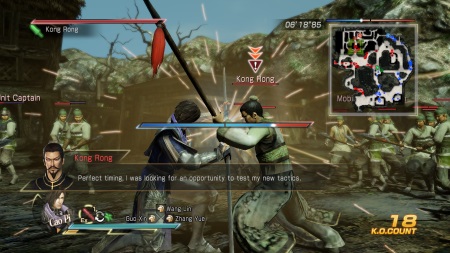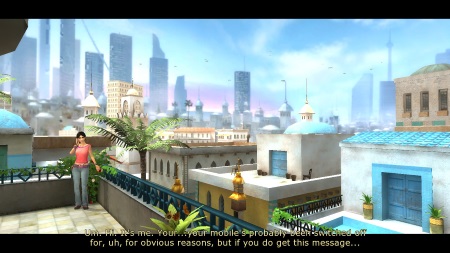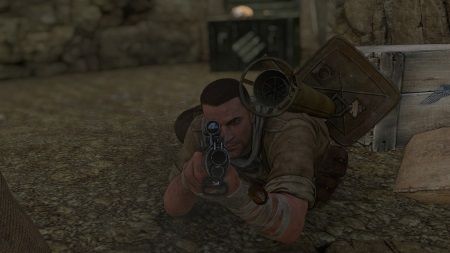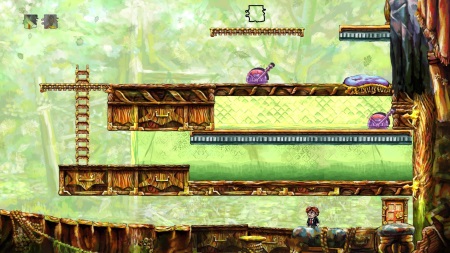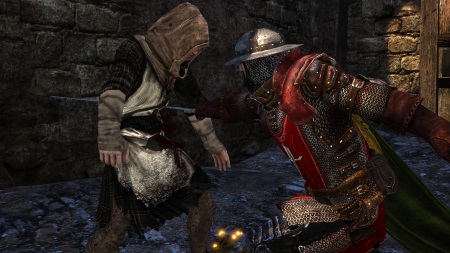I’m actually a Kickstarter backer for this so the reason why I’m slow to play newly released games isn’t always because I’m a cheapskate who buys games only when they’re on sale. Of course, the good thing about this is that I only play them after they’d been more or less fully patched and Pillars of Eternity is a game that had more than its fair share of bugs when it first launched. It’s worth noting however that even now it still has more bugs than I’d expect though they are minor ones that don’t really affect gameplay such as error messages in the textbox and getting exploration XP over and over again at a specific location. The most annoying bug I had is how the dialog buttons disappear from the save game menu after you’ve been playing for a while.
Category Archives: Games
This War of Mine
This War of Mine earned some pretty impressive kudos when it came out. That’s no surprise given its premise of playing a group of civilians looking to survive a siege of their home city. Heck, the developers even partnered with a charity for children who are victims of war for authenticity. Looking at the screenshots, I also found the two-dimensional cutaways of buildings with lots of elements that you can interact with to be very appealing.
Dynasty Warriors 8: Xtreme Legends
Koei seems like a company that makes a living making nothing but games based on the Romance of the Three Kingdoms. I’d played both its signature strategy game as well as stuff like Nobunaga’s Ambition early in my PC-gaming career, but I’ve never actually played anything in its Dynasty Warriors series though I understand that this is where the bulk of their sales in the modern era comes from. Since a PC port of one its newest versions is now available on Steam, I thought I’d give it a shot.
Dreamfall: The Longest Journey
I’d bought this one as part of a package with The Longest Journey and I always play all of the games that I buy. I wasn’t terribly enthusiastic about it as my reaction to the first game was distinctly lukewarm but my completionist instincts insisted that I at least give it a go. It helps a great deal that even though it’s still dated by modern standards, the graphics are much better and gives a proper sense of wonder and awe to all of the places you find yourself in.
Sniper Elite 3
This was a Steam sale impulse buy, prompted by a realization that the most fun that I have in shooters is when I snipe the enemy with impunity from far, far away. I’d never played any game in this series before but a game with large levels, lots of long distance sniping and realistic ballistics sounds good to me. That it’s set during World War Two is a plus for me, with so new shooters going the high tech route.
Braid
Yes, it’s Braid and yes, I really should have played it ages ago, but I just kept putting it off. One reason is that it’s a puzzle platformer and I really hate platformers. Another is that I read that famous Atlantic portrait of Jonathan Blow as well as the equally famous parody of that article, and the guy does come across as being incredibly pretentious. The more time passed, the less important it felt to go back and play it, no matter how great it was.
Games of Thrones (2012 RPG)
As the post title indicates, this one is the 2012 RPG by Cyanide, not the 2014 adventure game by Telltale. I’d bought this because it was cheap and I’d heard that its story was surprisingly decent, as in people are used to Cyanide making shitty games and media tie-in games being crappy, but this turned out not to be the case. After finishing this, I have to say that I agree with this assessment. This doesn’t mean that it’s actually good, just that it’s better than it has any right being.
